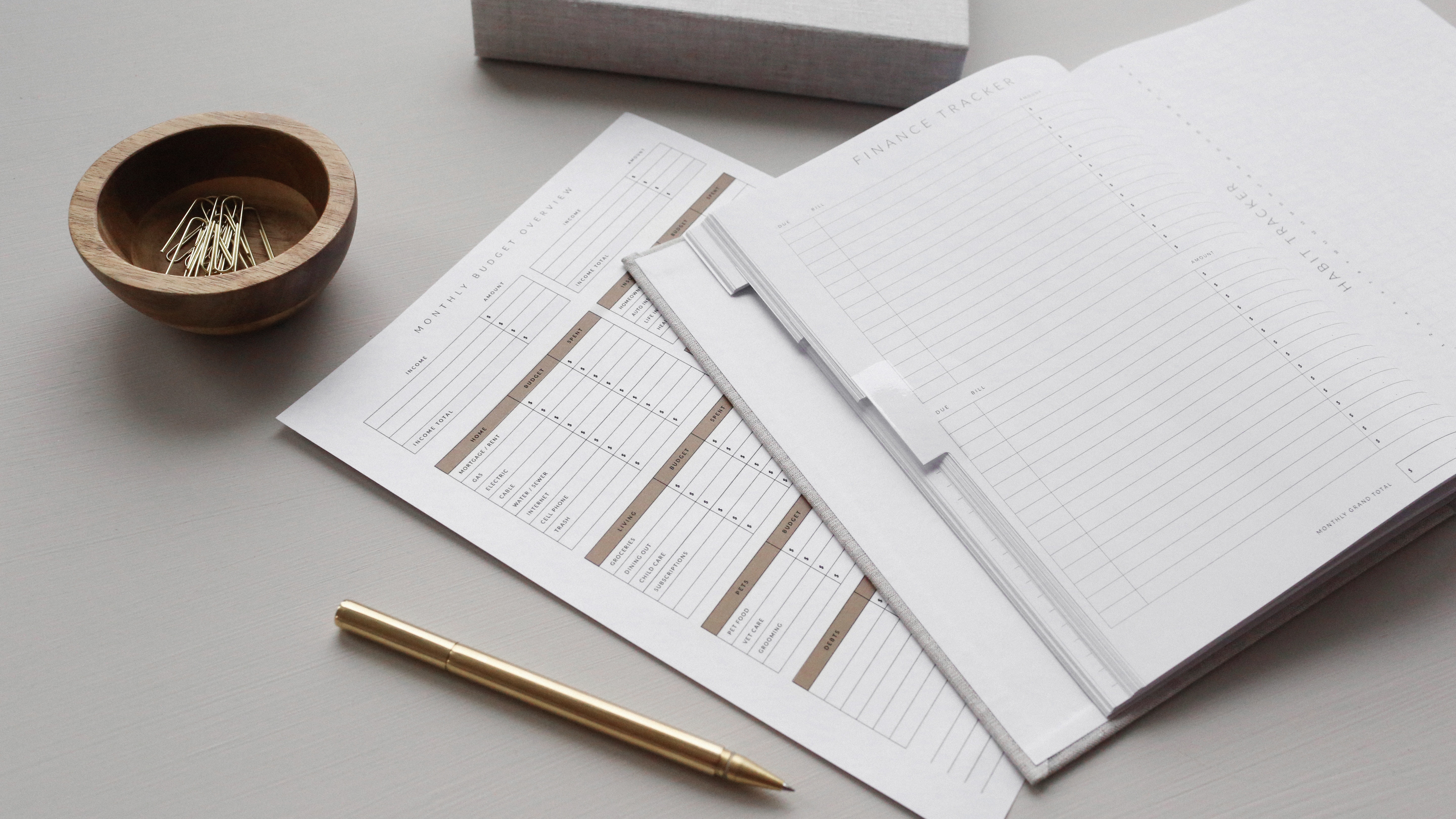I don’t blame you if your eyes are glossing over. Sounds super boring? Check. Looks super boring? Check. Is incredibly important for peace of mind and financial health? Triple Check.
Budgets matter. Some people think budgets are only for those who live paycheck to pay check, or those looking to squeeze extra pennies out of their bank account.
Not entirely true.
No matter how much you make, budgets are useful to everyone and unfortunately aren’t used enough.
So I’m here to help with some quick tips to get you started.
Budgets help people manage their money better. It’s really that simple.
Creating a budget keeps you mindful of your income and expenses. Tracking your money each day/week/month/year shows you EXACTLY how much you have to spend in each category.
This has helped people reach their financial goals like paying off debt or saving money. As I’ve found, it also helps with peace of mind. For me, it was incredibly liberating to see and pinpoint exactly where I was spending too much money.
Put pen to paper…Or fingers to key board.
This part depends on what works best for you. Some like to record everything on paper and other like to use the computer.
Paper is nice because you don’t need much to start. However, using a spread sheet on the computer makes it easier to handle multiple entries (there are also awesome apps like Mint or Personal capital that make it a breeze).
Either way start with whatever you’re comfortable with, sit down and get to it.
Tracking your expenses is ESSENTIAL.
Have you really been keeping track?
To create a realistic budget you need to be realistic with your expenses. This helps to show where your money is coming from and most importantly where its going.
There’s no point to creating a budget if you leave things out.
Thankfully nowadays the banks track you expenses for you. Look through your accounts and write down every expense for the past month. This way you know you haven’t missed anything.
After a month of tracking your expense you might be shocked to find out where your money’s being spent.
Categorize.
These are my budget categories.
You can get as granular as you want with these categories. What works for me might not necessarily work for you. But the important thing is that its all being tracked.
Stay up to date.
If this means that you only update your budget at the end of every week or multiple days during, staying updated will make it easier when the end of the month hits and you need to figure out how you did.
I personally like to keep updated during the week when I have some down time at work. I like to be able to know before heading into the weekend EXACTLY how much I can spend out on the town.
Most importantly. Be realistic.
You absolutely have to be honest with yourself. No one else has to see your budget so there’s no reason to hid any expenses.
There’s a lot that can change with your budget. You can start making more money, move homes or your goals change. Make sure to updated you budget to reflect these changes.
At the end of the day, your budget will be a constant work in progress as you find ways to streamline your spending, make more and spend less.


